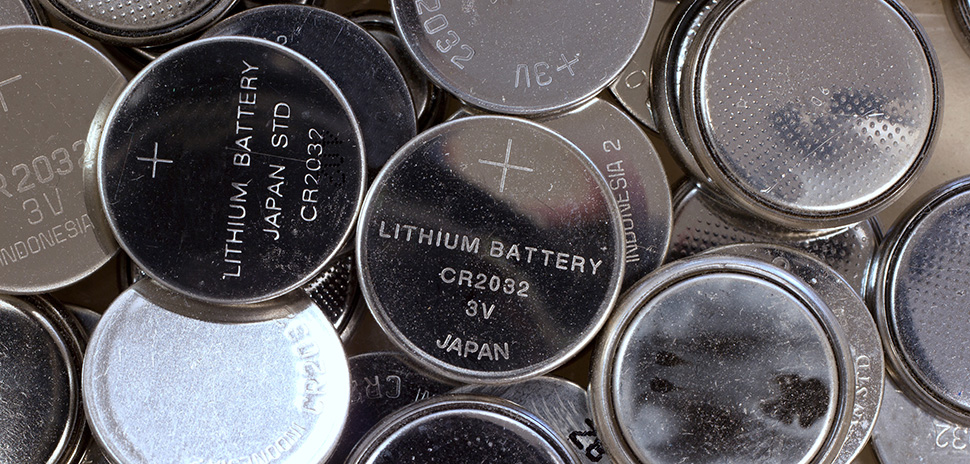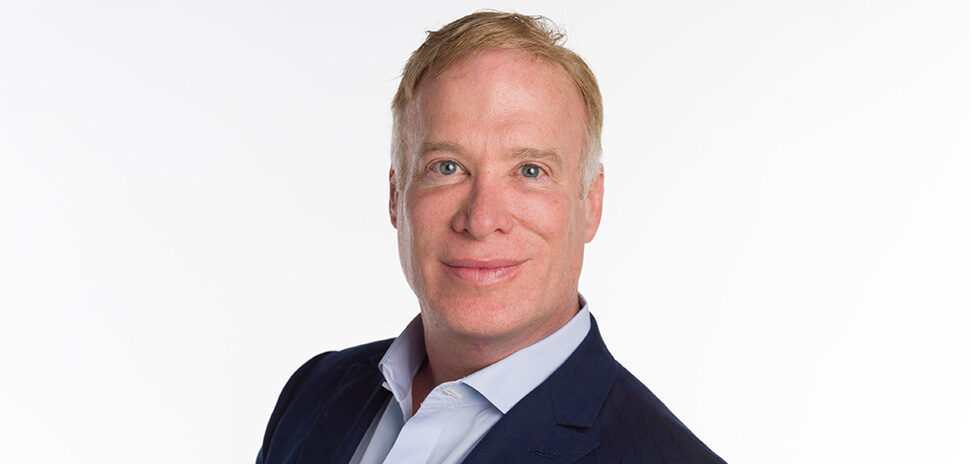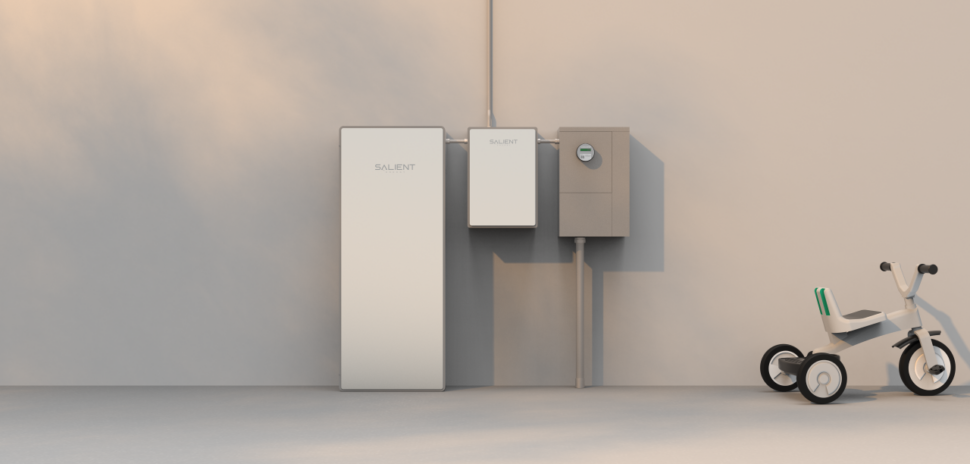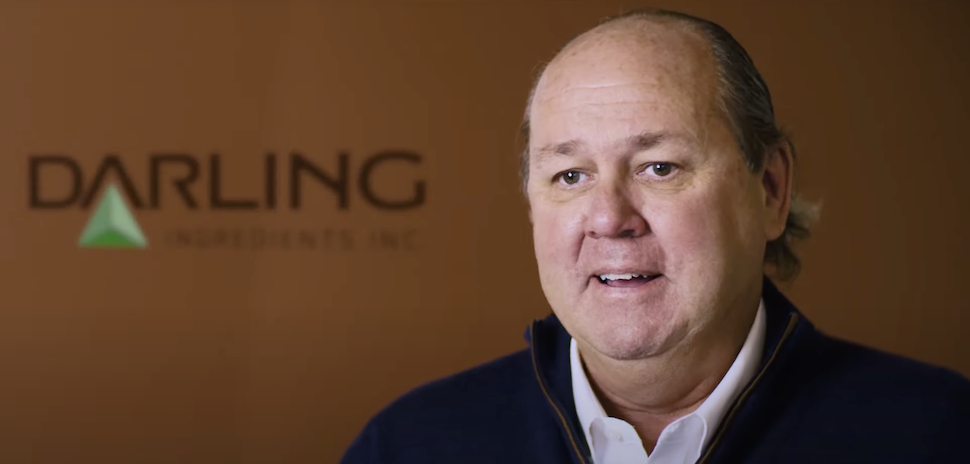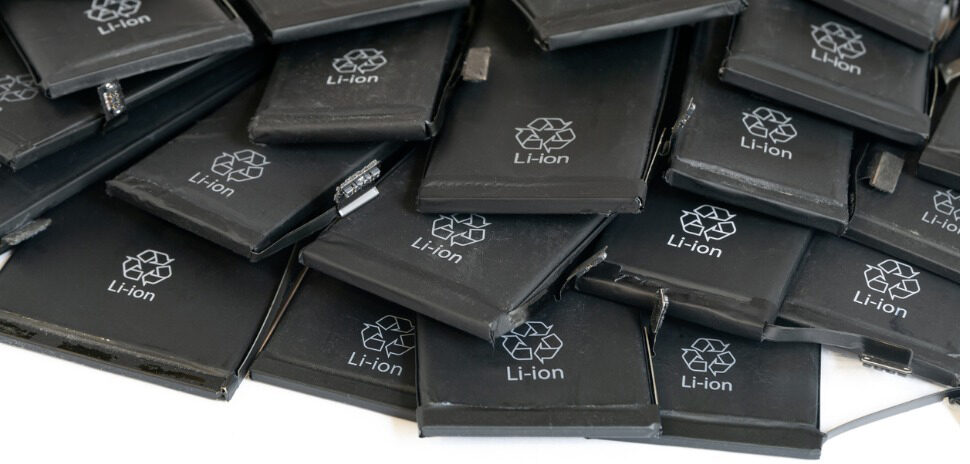From semiconductor plants in Richardson to Tesla’s gigafactory in Austin to companies like Dell, Mouser Electronics, and Cynergy, Texas’ lithium ion battery supply chain gets a lot of pull. Now a new lithium ion recycling production line has opened in McKinney to help the cycle turn full circle.
McKinney’s Wistron GreenTech has partnered with New Jersey-based Princeton NuEnergy on a 500-ton lithium-Ion battery (LIB) direct recycling pilot production line, which officially opened in McKinney today.
“This fully equipped facility is a powerful next step in our vision for covering a nationwide LIB close-loop recycling supply chain,” Dr. Yan Chao, founder and CEO of PNE, said in a statement. “We intend to be a major player in meeting the recycling needs of the U.S. LIB marketplace. Our unique technology drastically reduces the time required for critical materials to re-enter the manufacturing supply chain—a major win for all LIB manufacturers.”
The two companies see the line as encouraging domestic materials production and handling, while serving to build a more capable workforce locally—with a goal of contributing “to American technical superiority in lithium-ion battery direct recycling and critical materials recovery.”
Recycling everything from phone batteries to full EV battery packs
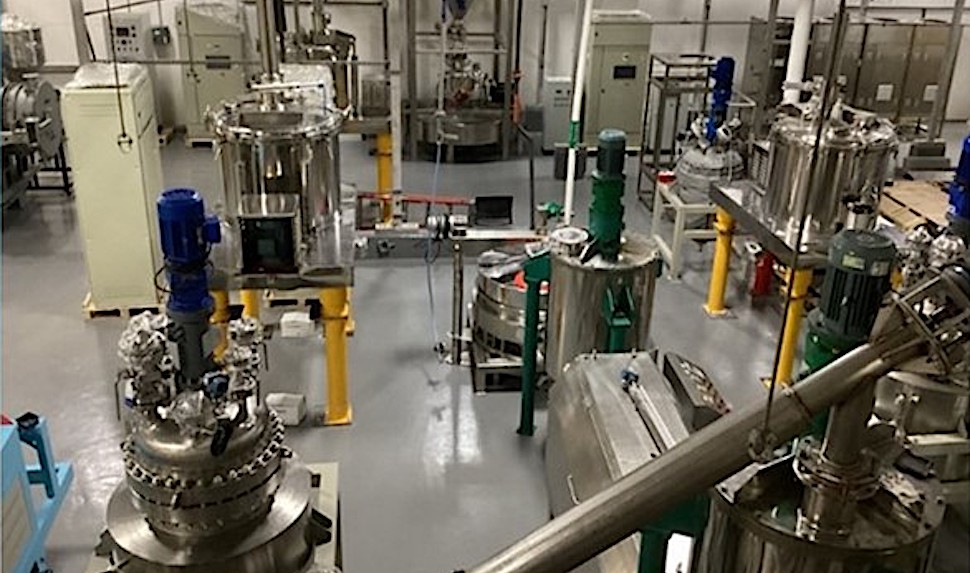
A section of the new lithium ion battery recycling production line in McKinney. [Photo: Princeton NuEnergy]
The pilot production line will be recycling a wide range of lithium ion batteries—everything from small consumer electronics to full EV battery packs.
Oh, and that battery that stopped working in your mobile phone? That goes on the line too.
The “highly modular facility” will be able to process up to 500 tons per year of end-of-life batteries and LIB manufacturing scrap, PNE says.
Jeff Lin, the president of Wistron Corporation, says the new line will pay off for Texas.
“Our joint pilot production line will increase consumer electronics, storage, and EV battery recycling capabilities, strengthen Texas’s battery and electric vehicle supply chains, and achieve our ESG goals,” Lin said in the statement.
Line features a patented low-temperature plasma-assisted process
The joint pilot line features state-of-the-art plasma equipment from PNE, whose patented low-temperature plasma-assisted process “reclaims and repairs cathode material from LIBs at half the cost with significantly lower waste versus traditional recycling processes,” the company said, citing analysis by Argonne National Labs.
Addressing ‘a strategic problem’ of the tech supply chain
The two companies say they’ll work closely to minimize the environmental footprint of the recycling process.
PNE describes itself an “innovative clean-tech company” focused on recycling, repurposing, and commercializing LIB materials. In a statement, it called direct recycling “a fundamental building block in the US goal of retaining control over critical materials—a strategic problem as foreign entities control more and more of the technology supply chain.”
Governor Abbott: ‘The future of technology is in Texas’
Texas Governor Greg Abbott lauded the production line’s launch, citing its impact on the state.
“Texas is a global leader in technology development and manufacturing, and we’re excited to welcome Princeton NuEnergy’s new lithium-ion battery recycling factory to McKinney,” Abbot said in a statement. “This new battery recycling facility will bring good-paying jobs and continued economic growth to North Texas and help our state further strengthen America’s technology supply chain.”
“The future of technology is in Texas” he added, “and I look forward to working with Princeton NuEnergy on their continuing success in our state.”
![]()
Get on the list.
Dallas Innovates, every day.
Sign up to keep your eye on what’s new and next in Dallas-Fort Worth, every day.










